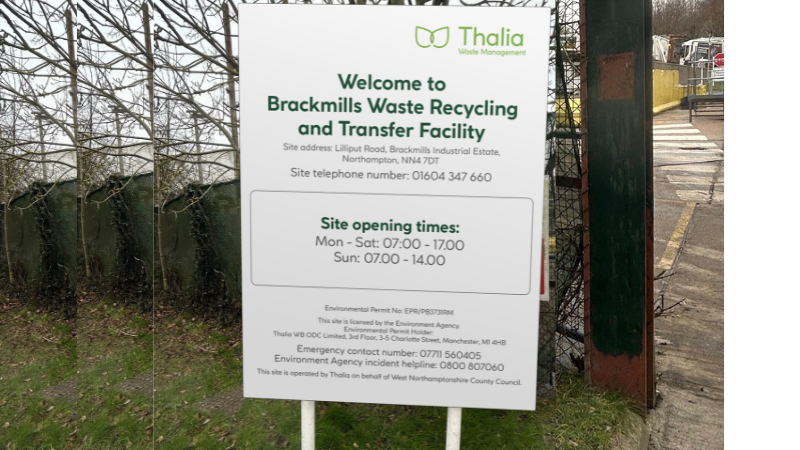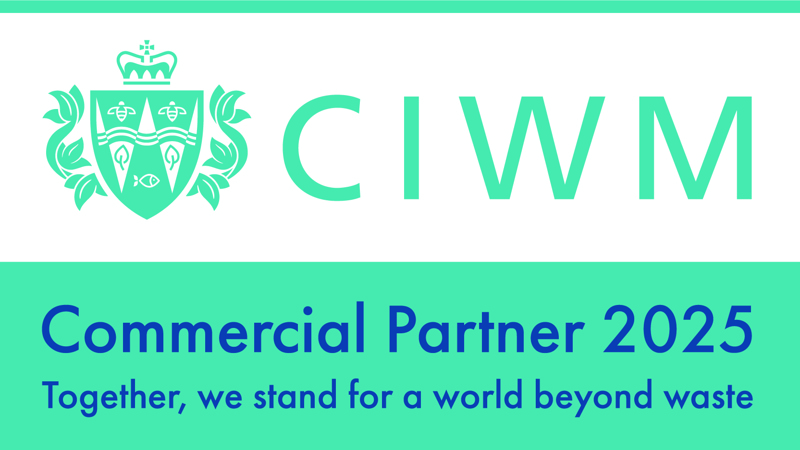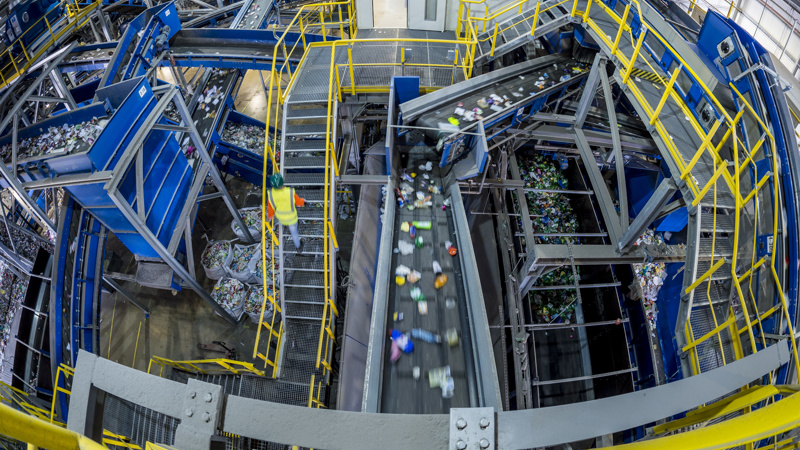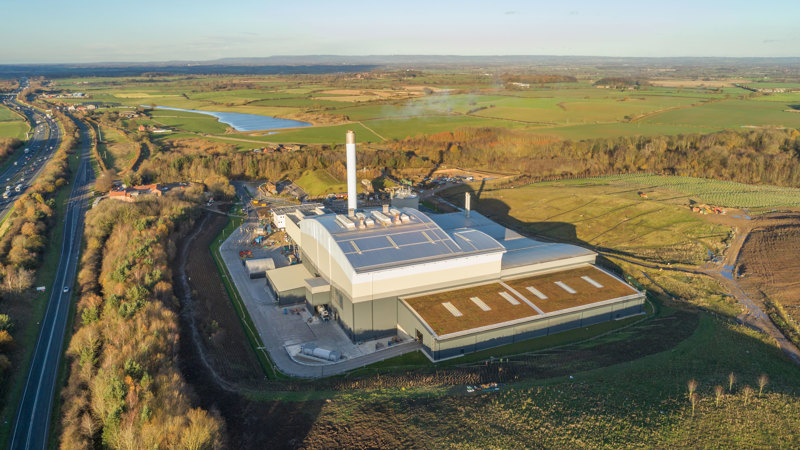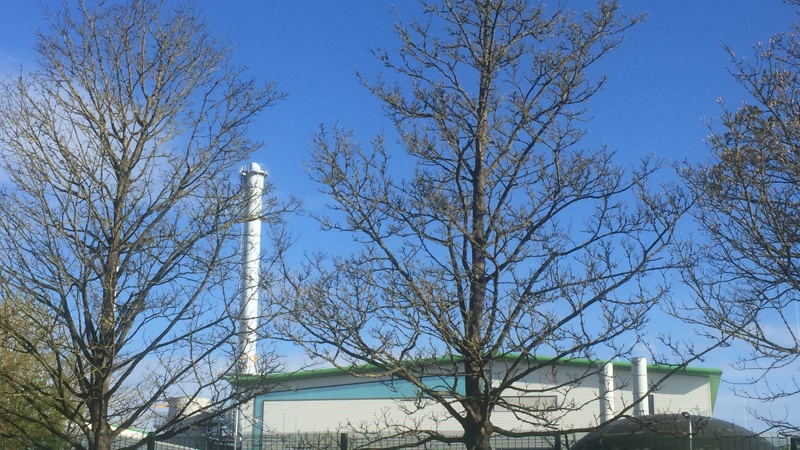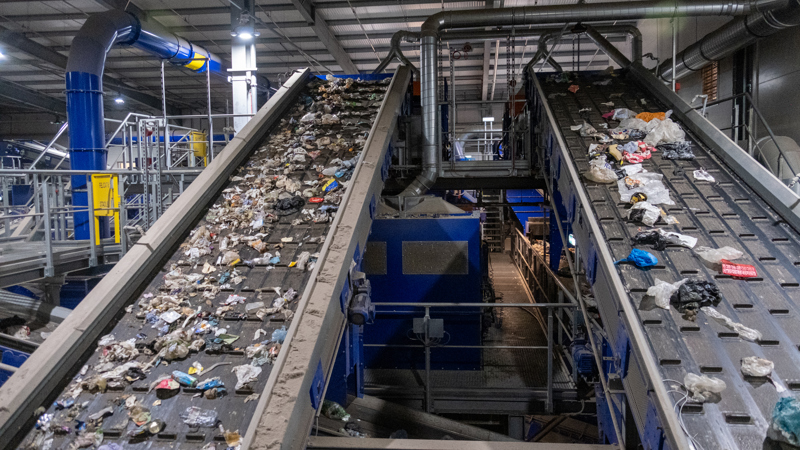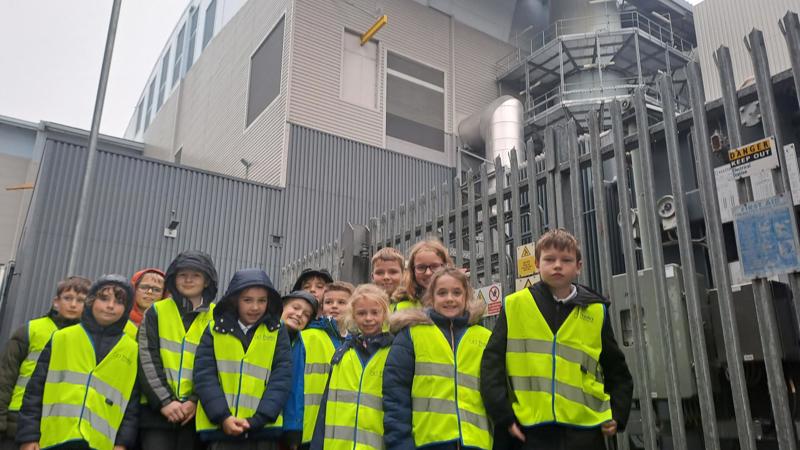Plastic Free July: Small steps Big difference
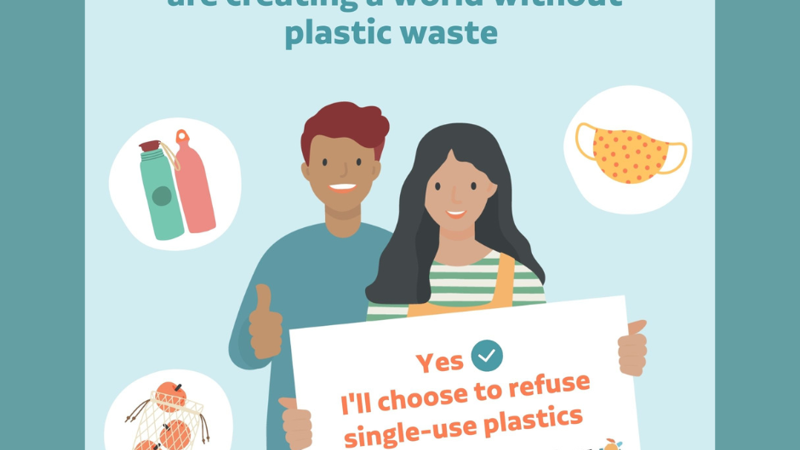
Join us this Plastic Free July along with millions of people across the world who are taking small steps to collectively make a big difference.
- Make the pledge, over at www.plasticfreejuly.org
- Say no to plastic straws
- Bring your own reusable bag shopping. Plastic bags are made from non-renewable fossil fuels.
- Reusable bottles and mugs help avoid using disposable cups or plastic bottled water
- Choose loose. Buy your fruit and veg loose and avoid plastic wrapping
- Buy local: this cuts down on carbon emissions, supports your local community and is less likely to come with plastic wrapping
According to Surfers against Sewage:
- 1 in 3 fish caught for human consumption now contains plastic
- 90% of plastic is made from fossil fuels
- 205 tonnes of carbon dioxide is generated by producing 1 tonne of plastic
Closer to home, figures from WRAP show that in the UK, we use over 35 million plastic bottles every day. Plastic packaging in the UK accounts for nearly 70% of our plastic waste, making packaging the primary focus in the UK.
The threat to our oceans and our environment is clear. The world produces 141 million tonnes of plastic packaging a year and around a third of all plastic packaging put on the global market leaks from collection systems, polluting the environment.
Plastic production, use and disposal contributes about 1.8 billion tonnes of carbon emissions annually. It is also made from fossil fuels, mainly oil and natural gas.
With 10 – 14 million tonnes of plastic entering the oceans every year, plastic can take 20 to 500 years to decompose depending on what it is made from and factors such as sunlight exposure. It also breaks down into smaller fragments called microplastics which is easily ingested by marine life and humans.

